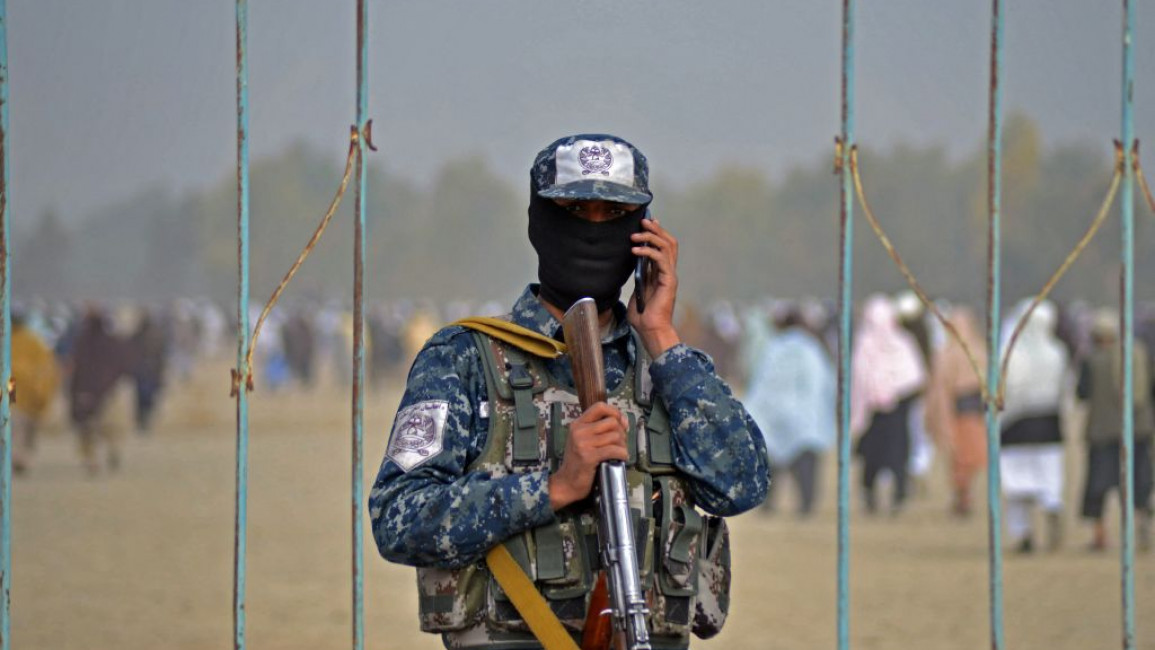Taliban bans women from public baths in northern Afghanistan
Afghanistan’s Taliban rulers announced a ban earlier this week on women using hammams - communal bathhouses - in the country’s north.
Sardar Mohammad Heydari, an official from a regional branch of the Ministry for the Propagation of Virtue and the Prevention of Vice, said women in the provinces of Balkh and Herat would be barred from hammams, The Guardian reported.
The move is likely to affect many Afghans who rely on the facilities for warm water for bathing during the winter months. The baths are also used by many Afghan women for ritual baths required as part of Islamic law.
Critics say the move is yet another example of the Islamist group curtailing women’s freedoms.
“We have a small house with no space for a full bathroom with heated water; that’s why I used to go to the hammam,” one Herat resident told The Guardian. “Other families might have no bathing facilities at all and fully depend on public bathhouses for cleaning. This opportunity is now taken from them.”
Human Rights Watch’s associate director of women’s rights, Heather Barr, slammed what she described as the “cruelty of denying women the only relief from the cold for no reason at all”.
“They seem to have the intention to want to meddle in every aspect of women’s lives. We heard warnings from Afghan women from the start, saying that the situation will get worse. Today, we’re seeing evidence that they were right,” Barr said.
“Why are they thinking of [stopping] women going to the hammam when people are starving?” she added.
News of the new ban follows reports this week that the Taliban ordered shopkeepers to remove the heads of mannequins. Footage of mannequins being decapitated appears on social media, drawing further criticism of the group.
Since the Taliban seized control of Afghanistan in mid-August, the country has plunged into financial chaos, with inflation and unemployment surging.
Billions of dollars of the country's assets have been frozen by the United States, while aid supplies have been heavily disrupted.
Global aid agencies have warned that more than half of Afghanistan's 38 million people are expected to face hunger this winter.


![President Pezeshkian has denounced Israel's attacks on Lebanon [Getty]](/sites/default/files/styles/image_684x385/public/2173482924.jpeg?h=a5f2f23a&itok=q3evVtko)



 Follow the Middle East's top stories in English at The New Arab on Google News
Follow the Middle East's top stories in English at The New Arab on Google News


